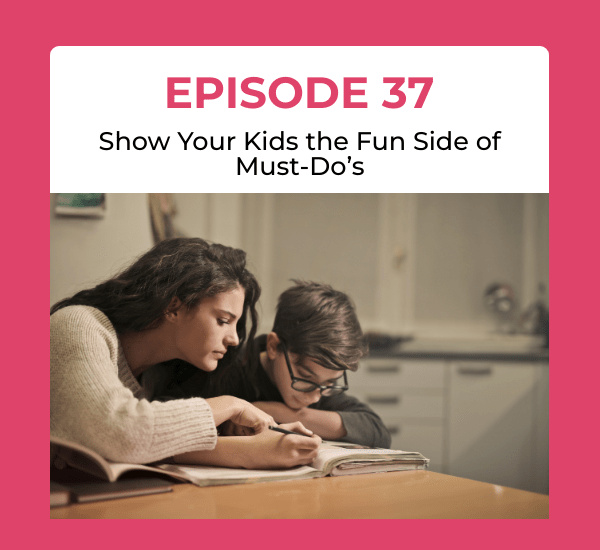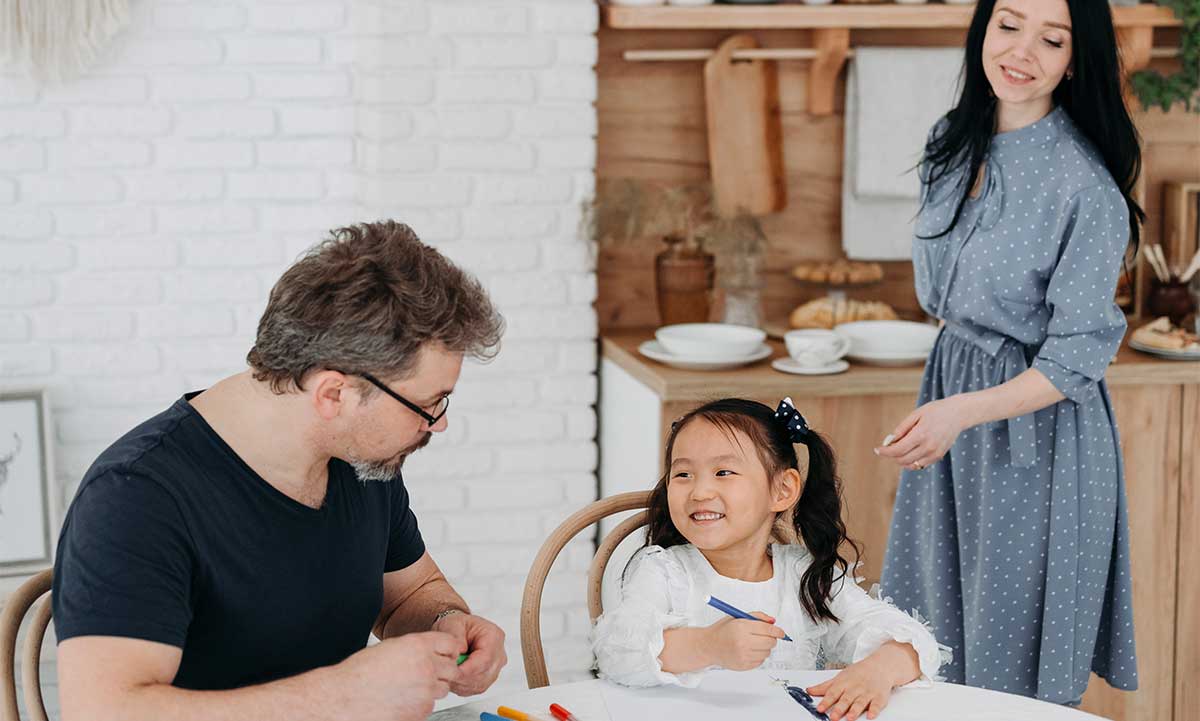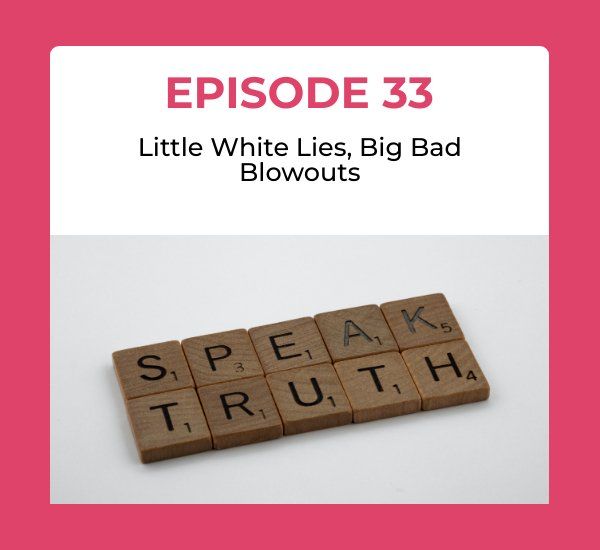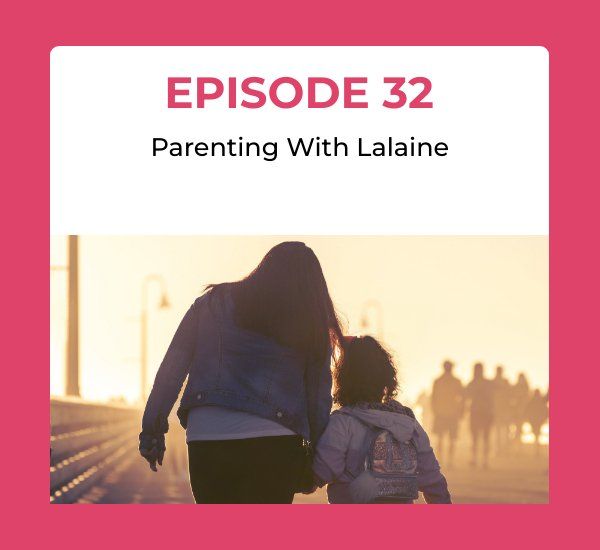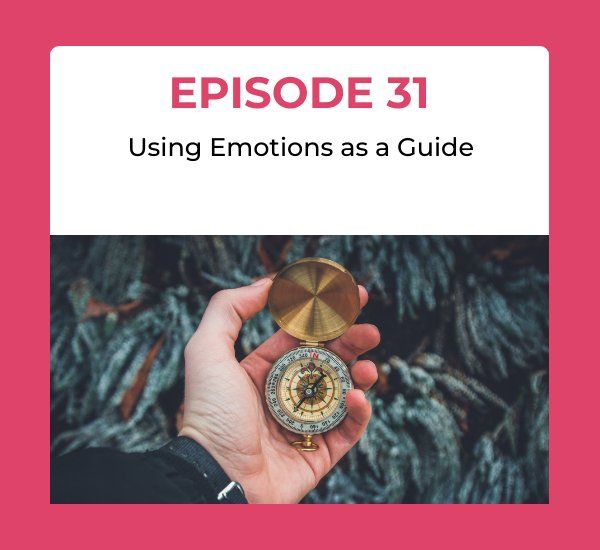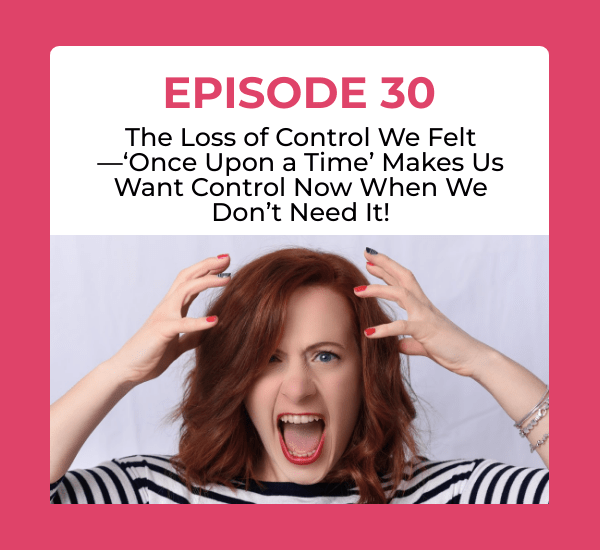At What Age Should You Start Positive Discipline?
Positive discipline is a form of behavioral correction associated with the broader philosophy of positive parenting. Positive parenting teaches children good behavior by using gentle, firm, parenting techniques.
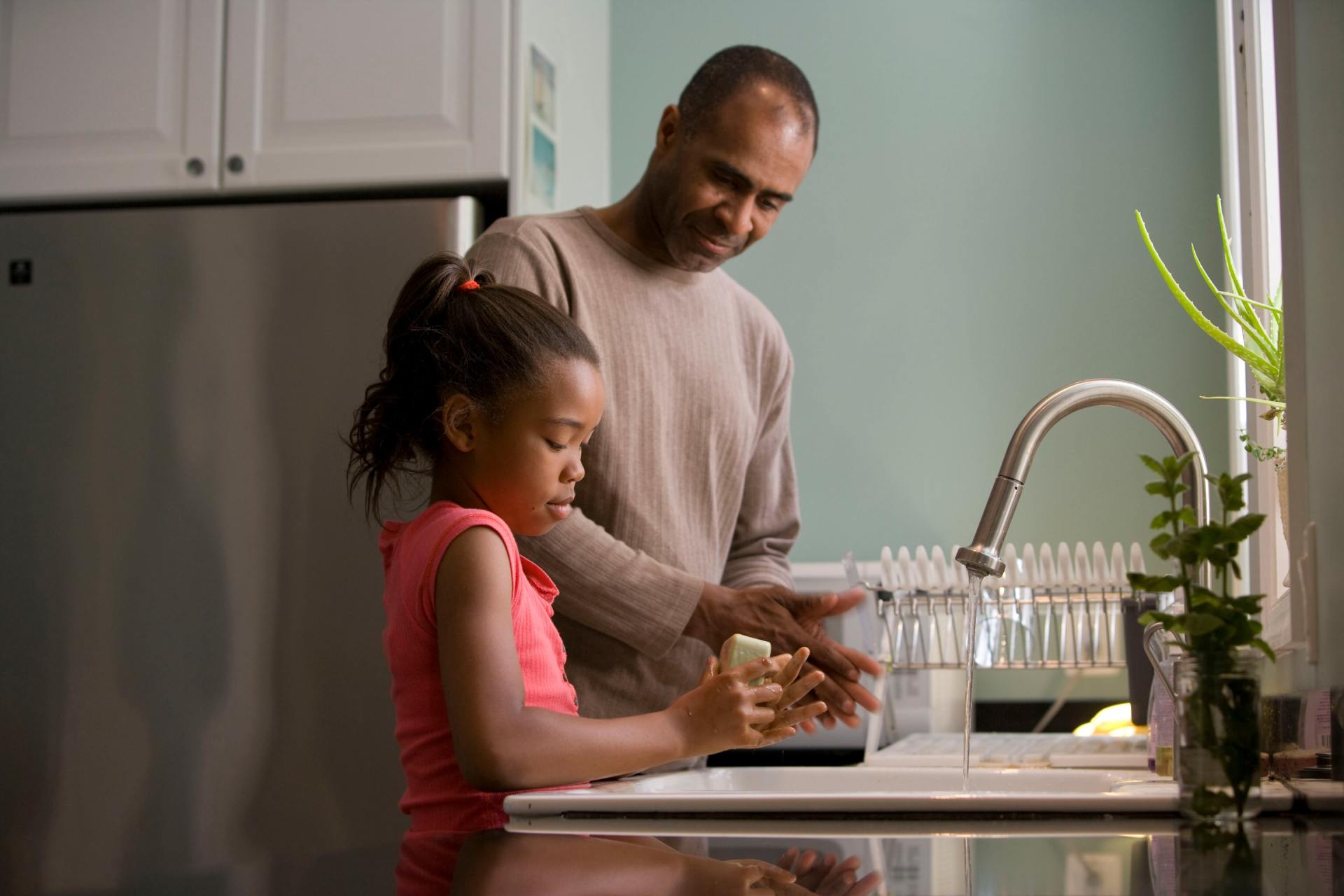
The term “positive parenting” has grown in popularity in recent years. It’s not a fad, though, it’s the next dominant parenting philosophy because it invites the parent and child to cohabit more peacefully. The National Institute of Health discusses how positive parenting builds “secure attachment.” A child that has been securely attached is better equipped to tackle challenges that are inescapable, like stress, depression, and family instability.
Positive parenting books can help you dive deeper into how to easily transform your parenting approach. Learning how to provide corrective guidance instead of punitive reactions does wonders for both you and your child.
It’s helpful to embrace positive parenting from the moment your child is a baby. But don’t worry if your child is older, you can still make the transition towards peaceful parenting. However, using this style of parenting as soon as your child is born brings up an obvious question: at what age should I start positive discipline?
Begin using positive discipline from the moment discipline becomes required. In this article, we’ll discuss positive and peaceful parenting tips that can be applied at ages three and below. We’ll also discuss, in future blogs, broader discipline strategies to continue as your child grows.
What is Positive Parenting?
Positive parenting is a philosophy based on the assumption that children are born good and want to behave in ways that serve them (and others) as they grow up. Mutual respect is essential to every positive parenting technique and should remain at the forefront of your mind.
The clearest difference between positive parenting and punitive parenting approaches is focusing on teaching correct behavior, rather than punishing misbehavior that has already occurred. Remember that it’s necessary to be kind to yourself while you learn this way of parenting. One of the ways to do that is to say and feel the truth of the following statement, when you make a parenting mistake, “I matter more than this mistake.” And then make the mistake right as best as you can (apologize, etc.).
The strategies that parents use throughout a child’s development will change over time. Parents should remain aware of the child’s needs and developmental landmarks to craft specific strategies that work for their child. Our
interactive positive parenting courses equip parents with the tools they need to effectively parent and discipline their children throughout their lives.
How Do You Discipline a 3-year old Effectively?
To a positive parent, discipline is defined as gentle guidance. Like when we discipline ourselves to exercise daily or eat healthy foods—we are gently guiding or governing ourselves for our benefit.
Disciplining a child below the age of three is a challenge as old as humanity itself. Fortunately, positive parenting techniques can begin the moment your child is born, including discipline.
However, disciplining a two or three-year-old is not going to be the same as disciplining a thirteen-year-old. It’s helpful to learn how to embrace positive discipline in the first three years of your child’s life to set the foundation for the future.
Below, we’re going to go over four positive discipline strategies that may be effective with a child three years of age or younger. Keep in mind that children will respond differently to the same strategy, so you may need to keep exploring to find one that works.
Grounding Techniques
The most common form of misbehavior for this age group is temper tantrums and meltdowns. There’s plenty of reasons why a child might have a meltdown, but they usually relate to a surge of stress, worry, or confusion.
Grounding techniques are useful for everyone, including toddlers. They may not be able to grasp advanced yogic techniques, but there are plenty of grounding techniques that many toddlers can learn and benefit from, such as:
- Reorientation: A common theme in grounding techniques is connecting with your environment to help stop worrisome thoughts. Reorientation is focused on remembering and stating any details about what’s happening. Children with a basic grasp of speech should be taught to say their name, the weather, the day, the season, and any other specific details when they become frustrated. Our favorite, though, as Kid Code parents is to draw the child’s attention to nature (including animals) when that’s possible. This simple act catalyzes their own inner calm nature.
- Stomp, Stomp, Blow: This simple ground technique can be taught to most children who are able to walk. The technique consists of stomping the left foot, stomping the right foot, and then deeply exhaling. Repeat this cycle until the child starts to calm down.
- Blow Your Socks Off: invite the child to take deep breaths and blow the breath out—aimed at their socks!
- Object Focus: What types of objects captivate your toddler? Keep a few of these around and use them to redirect your child’s focus when a temper tantrum arises.
It would be helpful to become familiar with the strategy called Tantrum Tamer so you know when to intervene and help a child ground themselves and when to let the steam blow until it naturally subsides.
Start Assigning Chores
Toddlers might not be able to do the dishes, but they can certainly contribute. One form of discipline is to assign chores that are within the child’s abilities. Perhaps the chore is simply to turn off the light, or grab a town from the bathroom. Small chores like this give your kid confidence that they can accomplish even more complex tasks.
When their ‘helping’ makes more messes for you to clean up, remind yourself that you are grateful for having this child. This will aid in relaxing you so you don’t cause yourself more suffering. You will need to say and feel the truth of that statement for it to be effective. “This child matters so much more than this mess,” can be helpful to keep you from blowing your own top.
Keep in mind that positive discipline is not punitive. The purpose of assigning chores is to provide guidance and help your child develop self-discipline. You are not assigning chores as a punishment for bad behavior, but as an opportunity to create positive behavior.
Institute Consequences
Even though positive parenting doesn’t aim to punish bad behavior, there still must be clear logical consequences for acting out. Start giving your child consequences that are directly related to the behavior that you wish to correct. For example when they are asked to pick up their clothes and put them in the clothes hamper, and they don’t do that, since they are not showing responsibility about clothing, they don’t get to pick out the clothes they’d like to wear that day. “Mommy picks up her clothes and puts them in the hamper and then I get to choose what I wear.” Additionally, consequences should be respectful and made clear well ahead of time. This is called ‘natural consequences’ and is helpful for the whole family, especially when the kids get older. Sit down as a family to make a list of natural consequences. Keep consequences reasonable, as severe consequences are simply punishments. When you punish a child, neither of you feel good.
The goal is not to punish bad behavior but correct it. Create consequences that teach the desired and correct behavior.
What Are the Steps of Positive Discipline?
Effectively disciplining your child relies on continually choosing positive discipline and correcting yourself with kindness when you slip up. The following steps will help you become a parent who is focused on guidance and teaching self-discipline:
- Start early: The earlier, the better.
- Recognize that you are in training to be a positive parent.
- Put the focus on the root cause of the behavior: Simply punishing bad behavior doesn’t teach much of a lesson. Instead, ask your child why they acted out so you can address the real reason they acted out. Acting out is another way of saying that a need is not being met. Do they need more constructive attention? Can you help them feel more secure if they are feeling insecure by mentioning what it is you really love and appreciate about them? Do you have clear boundaries so they have clear boundaries?
- Be kind, yet firm: You never need to yell or spank to be a firm parent. You know that you feel awful when you’ve been taken over by those old and ineffective ways of parenting. Practice remaining calm while disciplining your child and never lose respect for them.
There are many
positive parenting resources available to explore to learn more positive discipline strategies.
Embrace Positive Parenting As Early As Possible
While you are encouraged to begin positive parenting strategies and peaceful discipline as early as possible, start by practicing on yourself. When you act out, use one of the strategies to bring yourself back into calmness and see what it is that you need and then give it to yourself. We understand that positive parenting runs against the way that many of us were parented. That’s why we offer positive parenting solutions that teach you the skills to be a lifelong positive parent.
Explore our
interactive positive parenting courses today to see how they transform your approach to parenting and discipline.
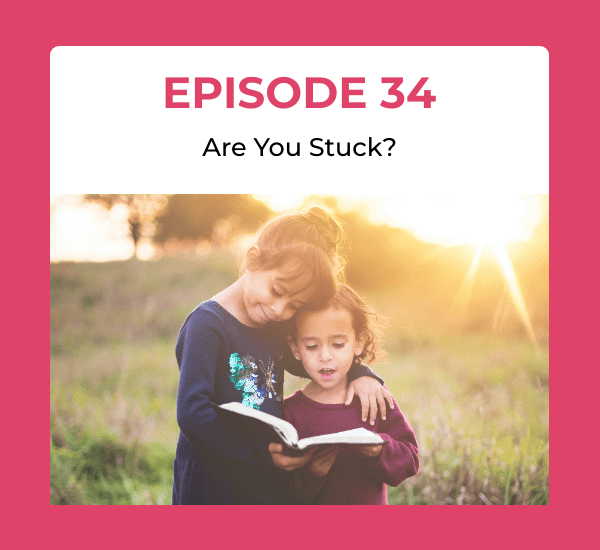
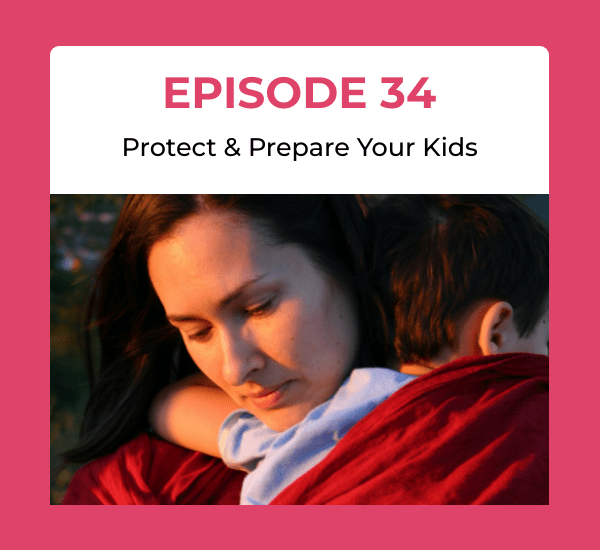

You assume and accept all responsibility and liability for using the content contained herein. This content is not intended to replace professional advice.
All Rights Reserved | The Kid Code | Website Created by CCC

